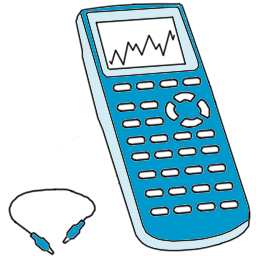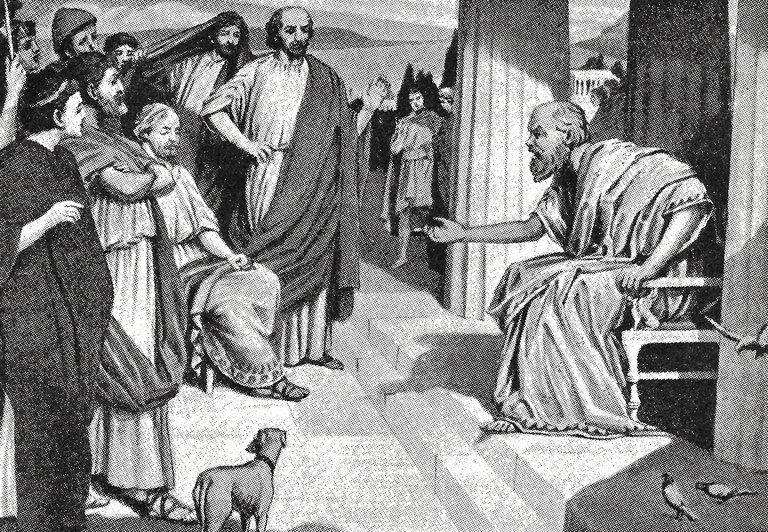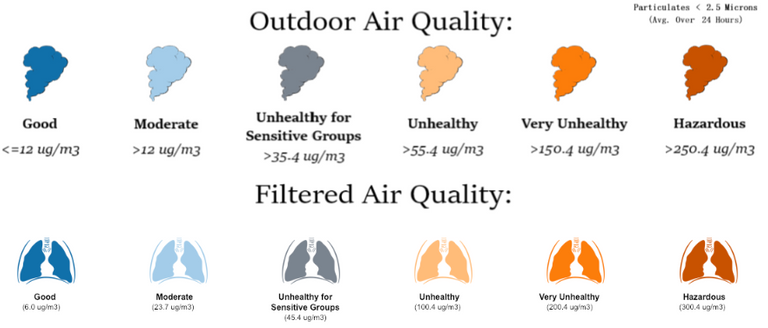I design calculators. Here's one I'm most proud of:

Just kidding. I do love the icon, but I'm talking about a different kind of calculator.
I design calculator apps that take simple inputs, run them through a series of advanced algorithms, and produce simple outputs. If I think about it, my calculators are almost the opposite of the TI-83 pictured above, which generally required complicated inputs and produced even more complicated outputs. Helpful for passing high school geometry, not so much for producing web apps.
My mantra is that a content provider should be able to make advanced topics accessible by asking a series of simple questions and providing equally simple answers (cue Socrates). The endless array of subtle assumptions and complex thinking required to get from point A to point B exists behind the scenes.

Most recently, I created a calculator for a pollution mask website that tells you which filter and mask combinations will be effective at filtering pollution across a range of different air qualities. The user, who presumably is someone concerned about protecting their child's lungs, simply selects one of three filters (N95, N99 or P100) and one of four fits ("sealed", "fitted", etc.).

I purposefully minimized the inputs for two reasons. First, you don't want your user to get bored, or worse, overwhelmed and frustrated. Second, after doing the research, I realized that fit and filter are the only two things you really need to worry about. I could have added additional questions in order to be more "engaging", but ultimately asking unnecessary questions is more likely to have the opposite effect.

Once the user has provided the calculator inputs, the calculator outputs appear in real time, using simple, color-coded visualizations of lungs directly below a cloud of smoke. If the fit and filter combination worked, the lungs are blue. If they didn't work, the lungs turn the same sickly gray or green as the smoke. The message is clear, even if the calculations required to produce the output forced me to read a half-dozen studies on particulate filtering and pollution mask effectiveness.

When you think about your own users, what kinds of questions can you ask and answer in order to make complexity look simple? Blockchain technology is a great example, and can actually integrate into calculators quite well. Quick detour (bear with me), but imagine what you could do if every user's unique profile of questions and answers was encoded into an individualized blockchain? The insights you'd gain about the way that person thought, and what they thought about, would make Facebook's marketing algorithms look like they were programmed by a 6th grader.

Anyways, back to my question. When you think about your own unique offering or skillset, what do you need to know about your customers to create a delicious simplicity sandwich that lets you show off your brilliance and talents without making things overly complicated? If you can find the right questions, and provide answers that are simple on the surface but stunningly complex underneath it, you'll be able to calculate just about anything.
✅ Enjoy the vote! For more amazing content, please follow @themadcurator for a chance to receive more free votes!
Hello @kylekun513! This is a friendly reminder that you have 3000 Partiko Points unclaimed in your Partiko account!
Partiko is a fast and beautiful mobile app for Steem, and it’s the most popular Steem mobile app out there! Download Partiko using the link below and login using SteemConnect to claim your 3000 Partiko points! You can easily convert them into Steem token!
https://partiko.app/referral/partiko